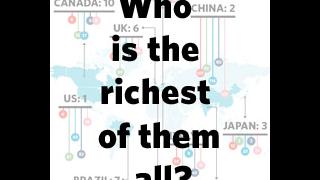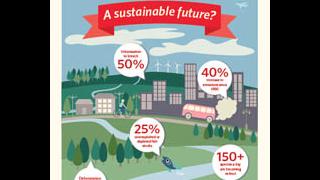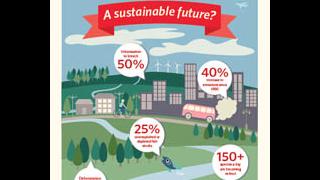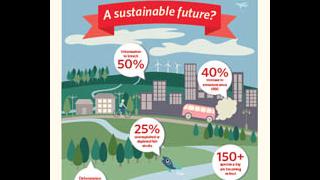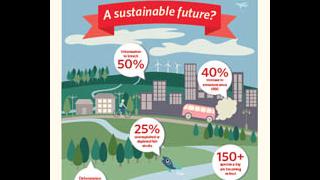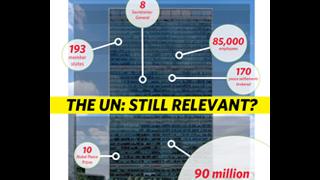
The financial transaction tax (FTT) initiative was first brought onto the international agenda in the 1970s by the Nobel Prize-winning US economist James Tobin, in response to the 1971 collapse of the system of fixed exchange rates. The main argument of what was then named the ‘Tobin tax’ was that a small tax on every currency transaction would discourage speculative trading of international currencies and thus contribute to a more stable financial environment.
The idea was initially trialled in Sweden in the 1980s but was abandoned by the early 1990s as an increasing amount of the country’s financial trade moved to London or New York, causing disappointing revenue-generation. Consequently the Tobin tax also disappeared from the headlines. The issue re-emerged once more during the Asian financial crisis a few years later, though not much beyond the margins of the anti-globalisation movement and the NGO sector.
In today’s economic climate, Western donors are facing increasing pressure to undertake domestic austerity measures. Oxfam have voiced concerns that such budget cuts will come at the expense of the world’s poorest. Politicians such as Gordon Brown, Angela Merkel and Nicolas Sarkozy have publicly voiced support for the consideration of a FTT as a sustainable way of stemming the funding gap in international development.
The potential value of a FTT has been highlighted by two recent reports. The 2011 UN Human Development Report estimates that a 0.005% tax on currency exchange transactions could raise up to $40 billion a year. This was supported by a report by the Bill Gates foundation presented to the G20 ministers at the 2011 Cannes summit, in which it is estimated that even at lower estimates, the scheme could raise about $48 billion among G20 member states and $9 billion if only adopted by the larger European countries.
Although it is technically possible to collect a FTT, there are still major questions to be answered in terms of its management and distribution. Success in practice will require the establishment of a new global institution which has legitimacy both in the developed and the developing world, in order to avoid the failures of the Swedish attempt. Maybe more importantly, it will require clear guidelines of priorities and criteria for funding to avoid the traditional problems of corruption and weak institutions found in many of the poorest and most fragile states.
Countries such as Canada, UK, US, Australia and China, however, have all raised concerns about the potential burdens of a new tax, arguing that it would reduce the lending ability of the world’s banks during weak economic growth. Such objections make it difficult to see the introduction of a FTT in the near future.
Nevertheless, at the Cannes summit, strong pressure from EU countries in particular brought the FTT back to the top of the international agenda. A few years ago, just putting the words ‘financial transaction tax’ in a G20 official communiqué would have been unthinkable. For the first time, the FTT appears to be an option.
Anders Brudevoll has a BA in International Relations & Politics from London Metropolitan University, and is currently completing his MA in Geopolitics, Territory & Security at King’s College.






